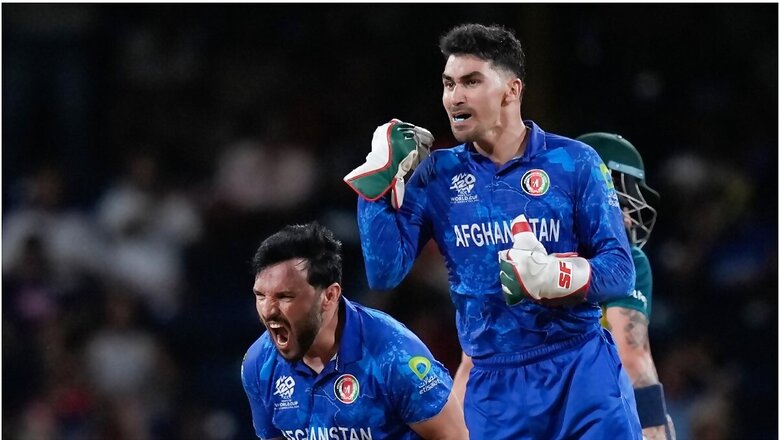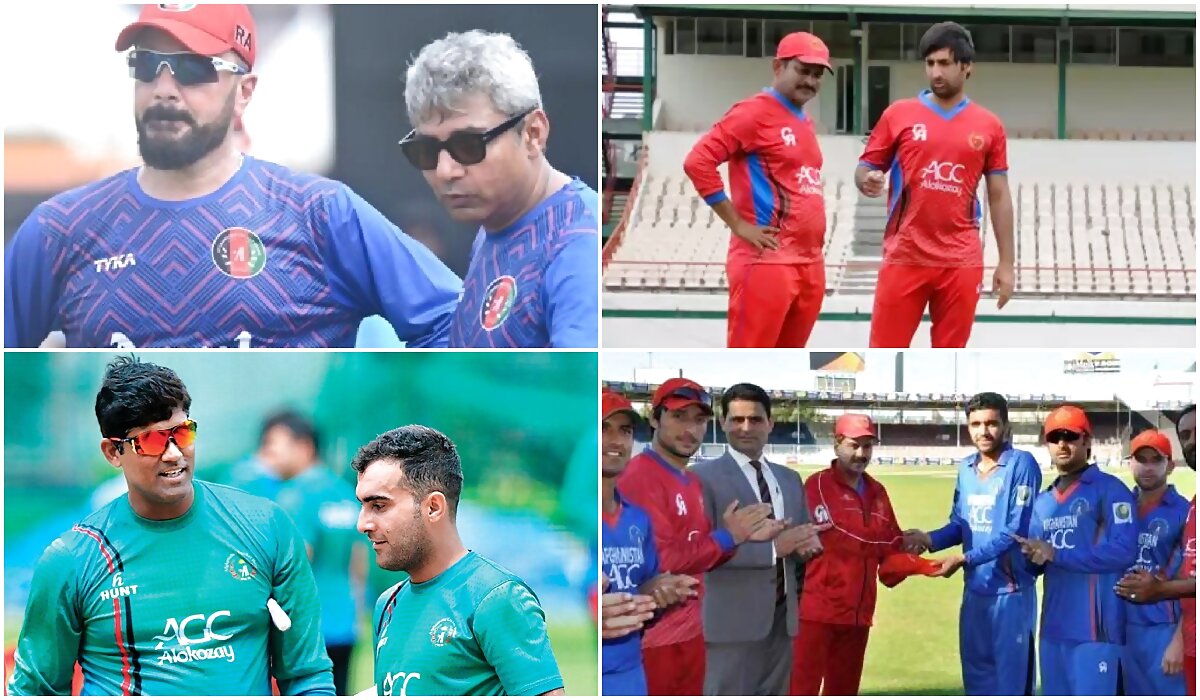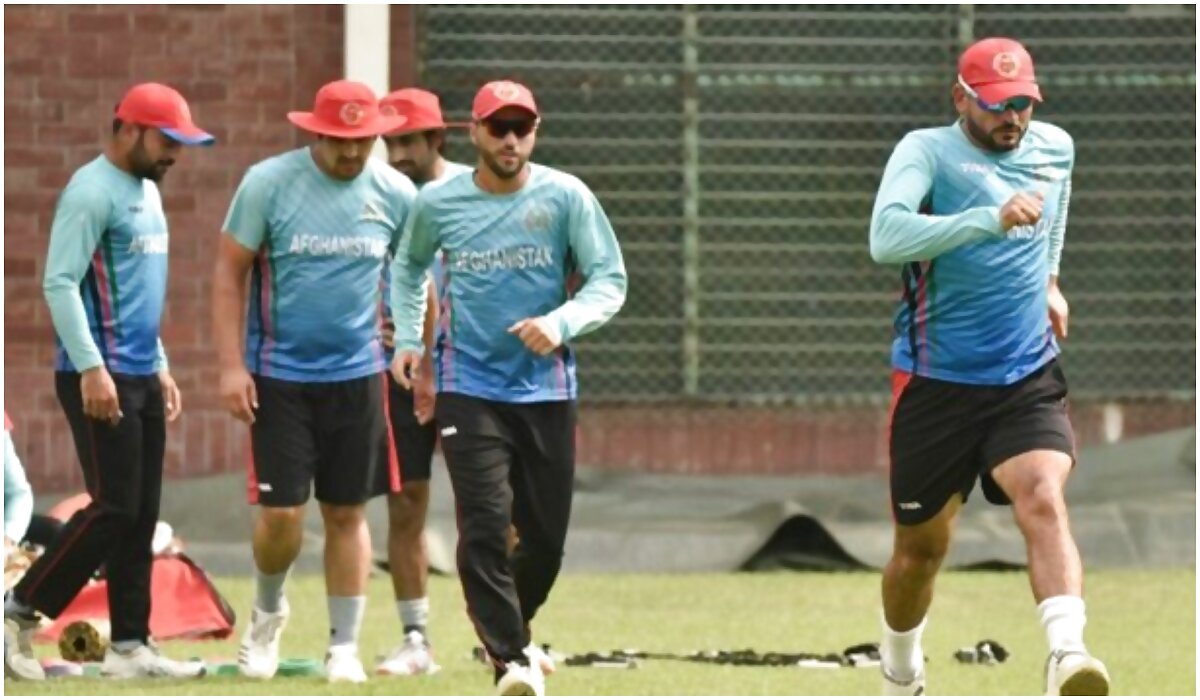
views
The USA and the West Indies are co-hosting the 2024 T20 World Cup. While the Caribbean region is well-versed in hosting global tournaments, it was America’s first-ever brush with a cricket event of such scale. It was a step towards expanding the global footprint of cricket by the International Cricket Council (ICC) to crack the fertile USA market.
It will be some time before one can truly measure the degree to which the needle moved in the USA, but the Afghanistan cricket team has unwittingly been making a sizeable contribution to pushing the game into global consciousness, albeit because of the country’s geopolitical history and significance.
Afghanistan’s victories in ICC events are gaining more attention in countries where cricket has a decent standing and in the Western media, especially in the USA. In the past nine months, the team has slayed traditional cricket giants, including England, Pakistan, Sri Lanka, and New Zealand (8 world titles between them) and, more recently, Australia, the most successful team in cricket history (eight world titles across formats).
Fifteen years ago, Hillary Clinton, the then US Secretary of State, famously suggested the Afghanistan cricket team’s rise as a model that could be replicated towards the war-torn country’s reemergence.
Afghanistan’s rise as a strong cricketing nation is nothing short of a remarkable feat given its brutal history with wars and internal conflicts spanning decades, resulting in the bloodshed of millions. In the 1980s, during the Soviet-Afghan war, Afghan citizens were forced to take shelter in the refugee camps of Pakistan, and it was here that they were introduced to cricket.
Once the refugees returned home, they brought along the knowledge of the game through which cricket took root, breaking through the hostile environment.
While cricket was taking baby steps in Afghanistan, the installation of a fundamentalist regime (Taliban) threatened its very existence. The Taliban banned cricket alongside other sports after coming to power, despite the formation of the Afghanistan Cricket Federation in 1995. It eventually lifted the ban on cricket in 2000 and thus cleared the way for the team’s entry into the ICC as an affiliate member.
In just over two decades, Afghanistan showed rapid improvement to become a full member (only the 12th Test-playing nation in history). During this period, only Bangladesh and Ireland were granted full member statuses, even though both became ICC members long before Afghanistan.
The Indian Hand in Afghanistan’s Rise
Mohammad Nabi, Asghar Afghan, Mohammad Shahzad, and other Afghanistan internationals received their initial training in Pakistan. However, BCCI contributed significantly to the game’s growth in the country afterwards.
From reportedly pushing towards Afghanistan’s promotion to Associate status in the ICC, which led to better funding, to offering world-class cricket stadiums (three) in India for them to train and play their ‘home’ matches and providing training in other areas, BCCI has been at the forefront.
Lalchand Rajput, Manoj Prabhakar, Umesh Patwal, and Monty Desai are among the former Indian cricketers who have held various coaching roles in the Afghanistan cricket team.

Former India all-rounder Ajay Jadeja famously mentored Afghanistan at the 2023 ODI World Cup, where they defeated three former champions. Interestingly, Ibrahim Zadran became the first ever ODI World Cup centurion from Afghanistan a day after spending hours with legendary India batter Sachin Tendulkar.
Besides, the Indian government approved a grant of Rs 6.3 crore (then USD 1 million) in 2014 to construct a world-class cricket stadium in Kandahar.
In 2015, BCCI allowed Afghanistan to use Shaheed Vijay Singh Pathik Sports Complex in Greater Noida as its home ground, from which they shifted to the Rajiv Gandhi International Cricket Stadium, Dehradun, in 2018 and then to the swanky Ekana Cricket Stadium in Lucknow.
Afghanistan became a full member in 2017, and a year later, they played their first Test match against India in Bengaluru, which the home team won within two days.
The emergence of T20 leagues, especially the IPL, has helped Afghanistan stars hone their skills as they utilize world-class training facilities, rub shoulders with the top stars from across the world, pick the brains of top coaches, and get familiar with different and often challenging playing conditions. As many as six of 10 IPL franchises during the 2024 season featured at least one Afghanistan international star. The knowledge, skill, experience, and confidence that stars like Rashid Khan, Nabi, Naveen-ul-Haq, Rahmanullah Gurbaz, and Fazalhaq Farooqi glean from these competitions is invaluable. These globetrotters eventually transfer this knowledge to their teammates and other emerging stars back home.
With the return of the Taliban in 2021, there were fears over the future of cricket in Afghanistan. The regime banned the participation of Afghan women in sports but allowed the men’s cricket team to continue.
However, the Taliban takeover did make obtaining visas a complicated issue for Afghans, and hence, the Afghanistan Cricket Board (ACB) decided to obtain UAE residency permits for several of its players.
Improving Domestic Structure
Despite the challenges, Afghanistan has been building infrastructure at home to unearth, polish, and keep up with the demand for fresh talent. As per the BBC, numerous cricket clubs have mushroomed over the years in Afghanistan across different levels. The ACB also ensures that international players take part in domestic competitions when they are not playing at the international level.

What’s Next?
Onwards and upwards. India and South Africa are the only full members whom Afghanistan has yet to beat. Interestingly, Afghanistan did tie an ODI match against India at the 2018 Asia Cup, leaving South Africa as the only one with a 100 per cent win record.
Afghanistan came close to beating India in a T20I earlier this year. India eventually emerged victorious in that game, which needed two Super Overs, another example of their growing stature. The results of the past few months represent how far the team has come in challenging the giants. Given their recent results in the ongoing T20 World Cup, it won’t be an exaggeration to predict Afghan’s Atalans (Pashto word for Heroes) continuing their march to become the second strongest Asian powerhouse in the near future.
Stay updated with the latest from T20 World Cup 2024. Explore T20 World Cup Match Today. Check Updated list of Highest-run getters and Highest Wicket-Takers In T20 World Cup 2024. Check T20 World Cup 2024 Points Table and players with the Most Sixes, Most Fours , Most Fifties And Most HundredsIn T20 World Cup 2024.



















Comments
0 comment